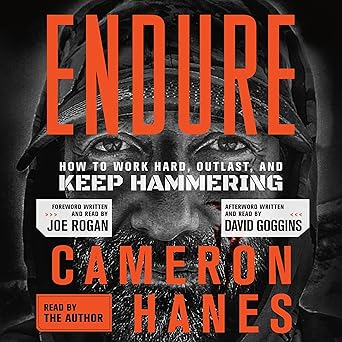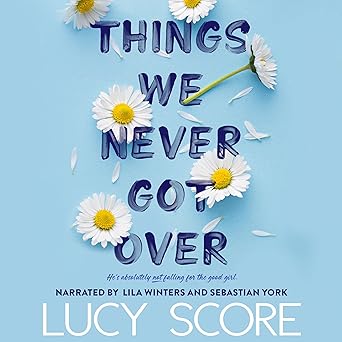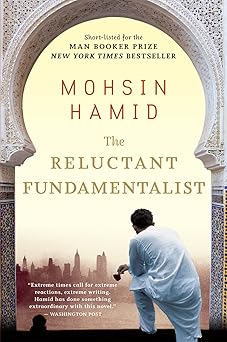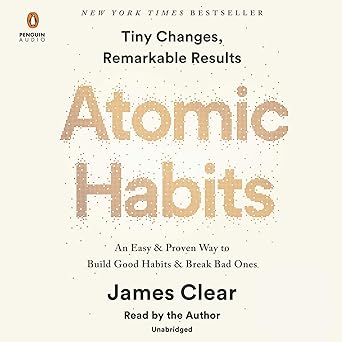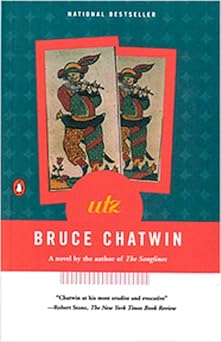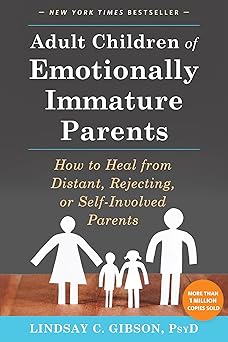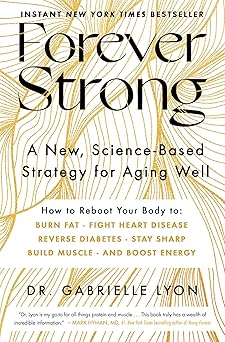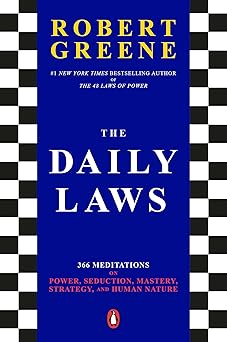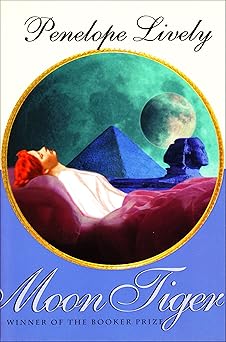
It’s a story about an older woman named Claudia who is in the hospital, nearing the end of her life. As she lies there, she believes she's working on her final project: writing a history of the world. But as you read on, you realize this “history” isn’t what you think. It's actually a story about her own life, woven together with the lives of the people who were most important to her – her brother, the man she loved and had a daughter with, and especially Tom, the one true love she found and then lost during a time of war in Egypt. Claudia was a woman who always wanted to do things her own way, and she often had difficult relationships with those around her. It’s a complicated story, and as people visit her in the hospital, they bring up memories and stories that shift and change the way you see Claudia and her impact on everyone she knew. It’s like looking at a beautiful mosaic made of tiny pieces – each visitor adds a new piece, revealing a different angle and perspective. The way she lived her life, the choices she made, and the relationships she forged all come into focus as you travel through her memories. You understand that she was a strong, independent woman who left a significant mark on the people she touched, even if those marks were sometimes painful or confusing. It's a story about how our lives are shaped not just by what we do, but by the memories we carry and the stories we tell about ourselves.
The heart of the story is the intense and fleeting romance between Claudia and Tom. It's a relationship that burns bright and then is tragically cut short by the chaos of war. Their connection feels so real, so powerful, that you ache for them. I remember once, after a particularly difficult family loss, a friend shared how she clung to the memory of a simple moment of joy – the feeling of sunlight on her skin, the taste of a favorite dessert. It’s that same feeling of holding onto something precious that comes across in the story of Claudia and Tom. The brief time they shared together feels like a gift, a moment suspended in time that continues to resonate long after it’s gone. Seeing how that loss shaped Claudia’s life and the lives of those around her is really moving. The story doesn's shy away from the complexities of love, loss, and the enduring power of human connection. It also makes you think about how the big events in the world—like wars—can profoundly impact individual lives, scattering dreams and altering the course of relationships. The story doesn't offer easy answers or neat resolutions; it simply presents a raw and honest portrayal of a life lived fully, with all its joys and sorrows.
Ultimately, the story is about memory and how we try to make sense of our lives and the world around us. It explores how our personal histories intertwine with larger historical events, and how the stories we tell about ourselves shape our identities. It’s a book that stays with you long after you finish reading it, prompting you to reflect on your own memories, your own relationships, and your own place in the grand sweep of history. The narrative is skillfully crafted, shifting between different voices and perspectives, creating a rich and textured portrait of a life. It’s funny, sad, and thought-provoking, all at the same time. It's the kind of book that makes you appreciate the fragility and beauty of human existence and the importance of cherishing the moments we have with those we love. It is a beautiful reminder of how even the smallest acts of kindness and connection can leave a lasting impact on the world.
It's a story that gently settles into your heart, a quiet exploration of a life drawing to a close. The woman at the center is in a hospital bed, believing she's writing a grand history of the world. But as you turn the pages, you understand it's something much more personal—a journey through her own life, revealed through the people who shaped her. It’s not a dramatic or fast-paced story; instead, it unfolds like a series of quiet moments, each one revealing another layer of a complex woman. I'm reminded of my grandmother, who, in her later years, would tell stories of her youth, not always in a linear way, but in fragments, like pieces of a cherished quilt. Sometimes those stories seemed contradictory, other times they were simply incomplete. Yet, each one offered a glimpse into her spirit, her resilience, and the world she had known. This story is similar; it doesn't try to provide all the answers or tie up every loose end. Instead, it invites you to piece together the fragments of a life, to understand the woman behind the stories, and to appreciate the richness and complexity of her journey. It's a testament to the power of memory, the importance of connection, and the enduring impact we have on those around us, even when we don’t realize it.
The most poignant part of this is the love story. It's a brief, intense, and ultimately heartbreaking romance that takes place against the backdrop of a larger conflict. The way they find each other, the joy they share, and the way their time together is stolen away—it’s profoundly moving. I think we all have those moments in our lives that feel like they’re suspended in time, those experiences that burn so brightly they leave an imprint on our souls. A particular sunset, a shared laugh, a stolen kiss – these are the moments we hold onto when everything else fades. This story captures that feeling so perfectly. It makes you realize how precious those fleeting connections are, and how even a short time with someone can leave a lasting impact. The sadness of their separation isn’t presented as a simple tragedy; it’s a catalyst for understanding the choices that follow, the way loss shapes a person, and how even in the midst of immense sorrow, there can be moments of unexpected grace and resilience. It is a reminder that love isn’t always about happily ever after; it's about the moments we share, the memories we create, and the way those experiences change us.
Ultimately, it’s a story about how we make sense of our lives. It’s about the narratives we create, the stories we tell ourselves and others, and the way those stories shape our understanding of the world. It’s easy to get caught up in the big events, the wars, the political upheavals, but this book reminds us that it’s the individual stories that truly matter. It’s the quiet moments of connection, the acts of kindness, the love and loss that define us. It stays with you long after you finish reading, prompting you to think about your own memories, your own relationships, and the legacy you want to leave behind. It’s the kind of book that makes you feel both deeply sad and profoundly grateful – grateful for the gift of life, the power of connection, and the beauty of the human spirit. It’s a gentle reminder to cherish every moment, to forgive quickly, and to always, always tell the people you love how you feel.
Rating: 5.0 / 5.0
This story feels like a warm hug and a gentle sigh all at once. It’s about an older woman reflecting on her life as she nears the end, and it’s a beautiful exploration of love, loss, and the memories that shape us. It doesn't rush or try to be dramatic; instead, it unfolds slowly, revealing a complex woman through the perspectives of those who knew her. The heart of it is a bittersweet love story, filled with joy and sadness, that stays with you long after you turn the final page. It's a story that encourages you to appreciate the small moments, to value the connections we have, and to remember that even in difficult times, there's always beauty and grace to be found. It's a truly touching read, and I would give it a solid 4 out of 5 stars.

